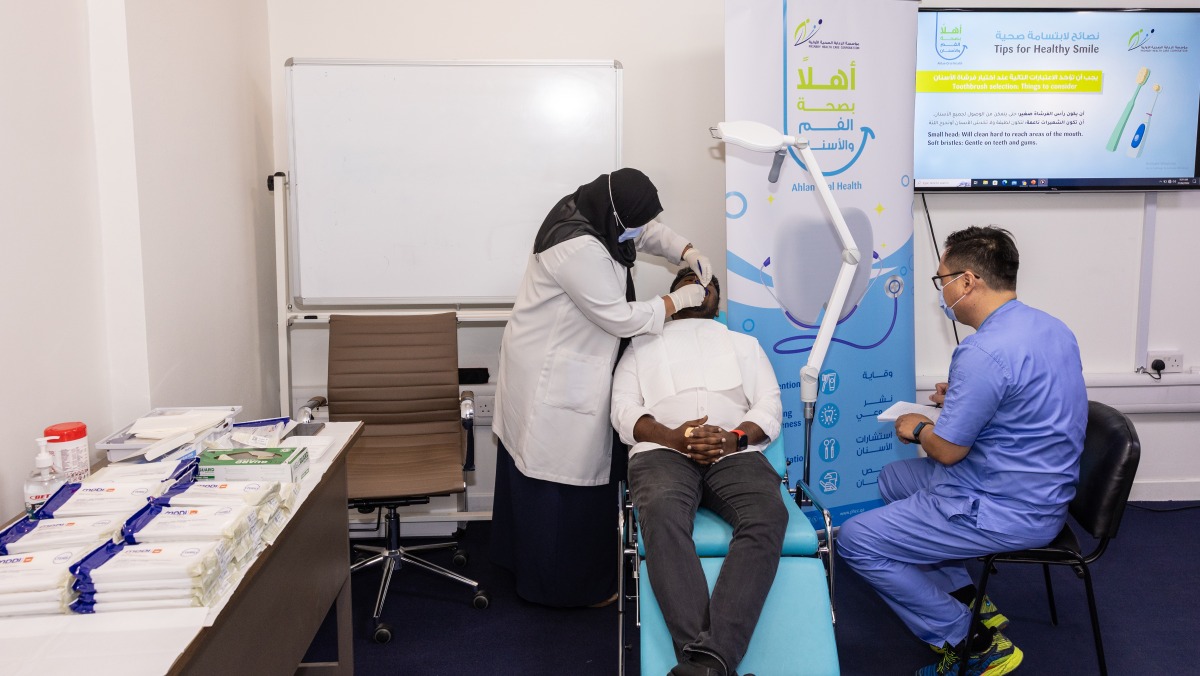Maintaining good oral health is crucial for pilgrims undertaking the Hajj pilgrimage in order to avoid pain and discomfort. Dr. Najat Al Yafei, an expert at PHCC, emphasizes the importance of undergoing a dental check-up before traveling to detect any dental issues and ensure the safety of existing dental restorations. She also recommends packing a dental kit containing essential oral hygiene tools such as a toothbrush, miswak, toothpaste, mouthwash, and dental floss tailored to individual needs.
Stress can have a negative impact on oral health, as excessive stress, tension, and anxiety can lead to the formation of oral ulcers and worsen fungal oral infections. Dr. Al Yafei warns that stress weakens the immune system, making the body more vulnerable to infections. Additionally, anxiety and tension can result in teeth grinding, known as bruxism, which can ultimately lead to tooth sensitivity. Pilgrims are advised to remain calm and relaxed to prevent these issues during their journey.
To avoid injuries, pilgrims should be cautious of collisions, falls, and slipping incidents that may occur due to the crowded and fast-paced environment of the pilgrimage. Dr. Al Yafei advises against using teeth to open bottle caps and emphasizes the importance of oral hydration by drinking plenty of water to prevent dry mouth and bad breath. Pilgrims should also avoid consuming sticky or hard foods to prevent gum injuries and accidental damage to dental fillings or restorations.
The importance of controlling food intake during the pilgrimage period is stressed, with pilgrims encouraged to choose healthy and balanced foods while avoiding sugary options that can harm dental health. Basic first aid measures for oral and dental problems, such as toothaches or abscesses, include applying a cold compress, rinsing with salt water or mouthwash, and seeking dental care promptly. If a filling or restoration falls out, immediate dental attention is recommended to prevent further complications.
In case a tooth falls out or becomes dislodged, it is crucial to handle it carefully to preserve the vital cells needed for healing. Pilgrims should avoid touching the root of the tooth, rinse it with cold water, and place it back in its socket if possible. If the tooth cannot be reinserted, it should be kept moist in milk or between the cheek and gums until dental care is sought within an hour. Being aware of these first aid measures can help pilgrims address oral and dental issues effectively during their pilgrimage.











